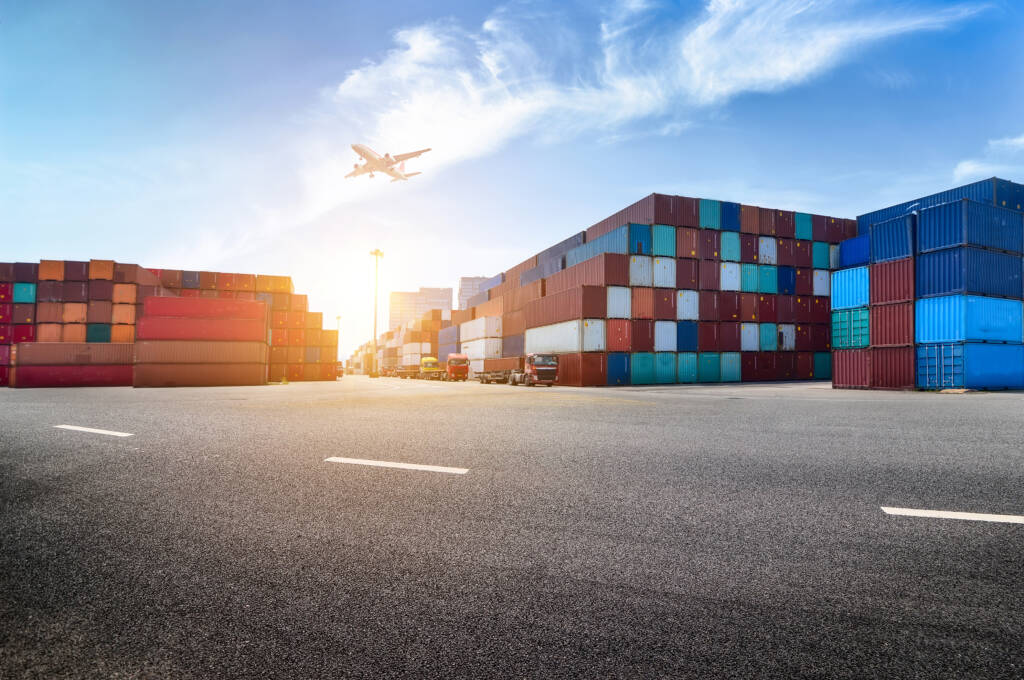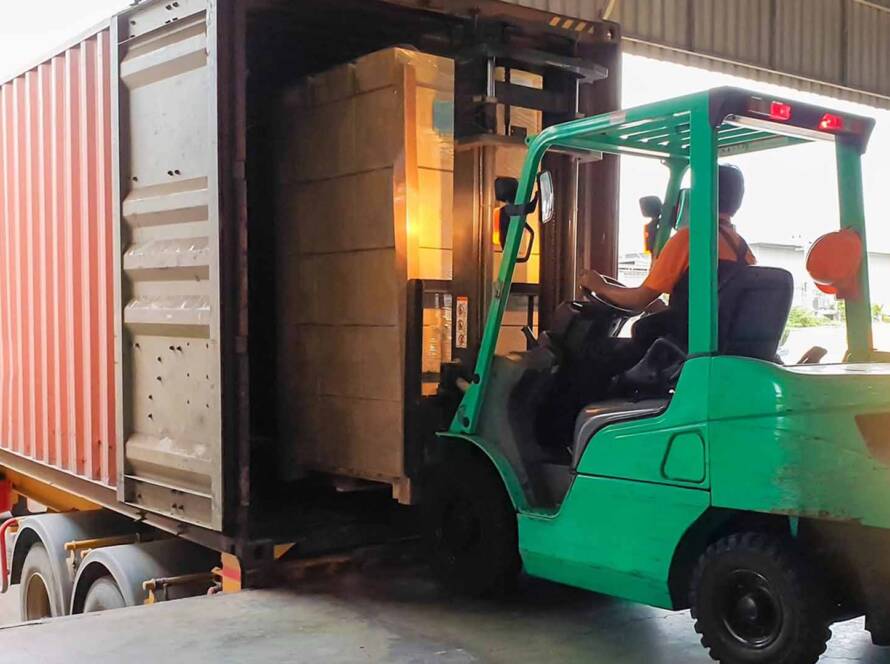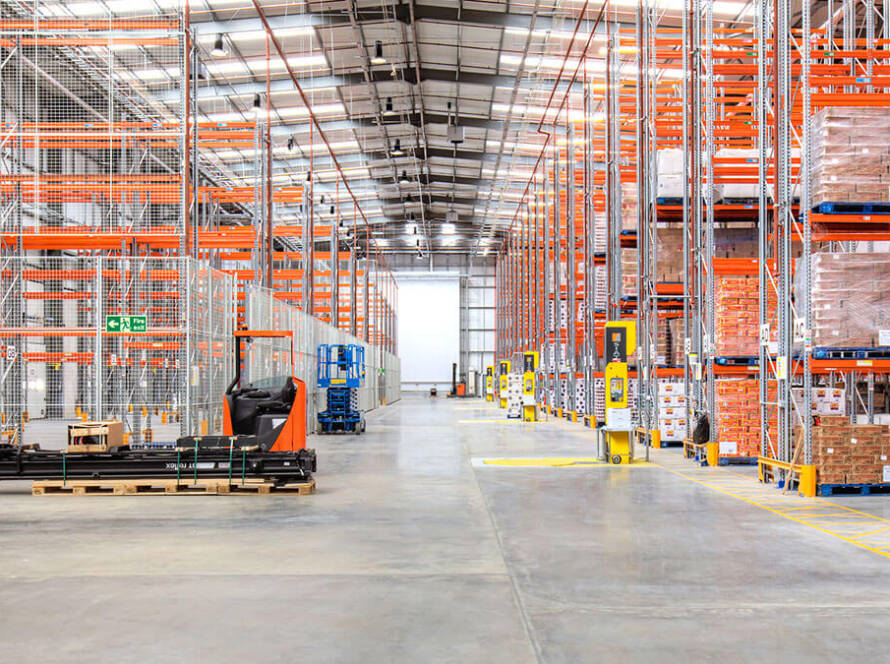Introduction
If your business imports or exports goods through major ports like Port Houston, you’ve likely encountered the term drayage. While it may seem like just another logistics buzzword, drayage service is a critical link between global shipping and local distribution.
Let’s break down what drayage actually is, why it matters, and how your business can benefit from choosing the right provider.
What Is Drayage?
Drayage refers to the short-distance transportation of shipping containers — typically by truck — between ports, rail yards, warehouses, and distribution centers. A drayage service bridges the gap between long-haul transportation and final delivery, moving freight in and out of terminals quickly and efficiently.
Think of it as the first and last mile of international shipping — where precision and timing make all the difference.
📦 Common Types of Drayage Service
| Type | Description |
|---|---|
| Pier Drayage | Moves cargo between rail yards and ocean ports. |
| Intermodal Drayage | Transfers containers between truck, rail, or ship. |
| Intra-Carrier Drayage | Moves containers within the same carrier’s network. |
| Expedited Drayage | Time-sensitive freight that requires urgent handling. |
| Overweight Drayage | Specialized hauling for heavy containers with permits. |
🚛 Why Is Drayage Important?
Efficient drayage service helps eliminate supply chain bottlenecks and ensures timely cargo movement. Benefits include:
✅ Faster port-to-warehouse transit
✅ Reduced port storage and demurrage fees
✅ Improved delivery timelines
✅ Streamlined cross-docking and transloading
✅ Better control of freight scheduling
📊 Quick Facts: The Drayage Industry at a Glance
| Metric / Fact | Data / Insight |
|---|---|
| Avg. Drayage Distance | 50–100 miles from port or rail terminal |
| Container Dwell Time (avg) | 4.5 days (port delay costs $100–$300/day) |
| Drayage Market Size (U.S.) | $10+ billion industry |
| Top Ports Requiring Drayage | Port Houston, Long Beach, Newark, Savannah |
| Most Common Cargo Types | Consumer goods, industrial materials, retail, FMCG |
| Growth in Intermodal Drayage (YoY) | 7–9% annually with ecommerce & global trade |
Why Choose Drayage in Houston with GlobalPort3PL?
As a provider of trusted drayage service in Houston, GlobalPort3PL offers fast, reliable transport from Port Houston to your warehouse, distribution center, or fulfillment point. We specialize in:
- Container pickup and delivery (local & regional)
- Overweight container handling with permits and special equipment
- Hazardous freight compliance
- Appointment scheduling & chassis coordination
- Seamless connection to our warehousing and transloading services
Our facility’s proximity to Port Houston means reduced delays, fewer fees, and smoother port logistics for your business.
📌 Drayage Facts You Should Know
Understanding the importance of drayage service starts with knowing the numbers. Here are key facts and stats that highlight why drayage is a critical link in the logistics chain:
🚢 Port & Transport Facts
- Drayage typically covers 50–100 miles from port to warehouse or rail terminal.
- The Port of Houston is one of the top 5 busiest U.S. ports for container traffic.
- Container drayage delays can cost $100–$300 per day in demurrage and storage fees.
- Most port drayage occurs within a 1–3 day window from vessel discharge to warehouse delivery.
💼 Business & Operational Facts
- The U.S. drayage market is valued at over $10 billion and growing.
- Ecommerce growth is driving a 7–9% annual increase in intermodal drayage demand.
- Businesses using efficient drayage services reduce average transit time by 24–36 hours.
- Overweight container drayage requires special chassis and permits — not all carriers can provide it.
✅ Why It Matters
- Delayed drayage = delayed inventory = lost sales.
- Integrated drayage, warehousing, and transloading services save 15–25% on total port logistics costs.
- Using a local drayage provider like GlobalPort3PL ensures faster service, better coordination, and fewer disruptions.
Who Uses Drayage Services?
- Importers & exporters moving freight through major U.S. ports
- Retailers and distributors handling high-volume container shipments
- Ecommerce brands using international suppliers
- Industrial manufacturers receiving parts and materials via container
- Freight forwarders & 3PLs managing intermodal transitions

Final Thoughts
In logistics, the smallest link can create the biggest disruption — and drayage is one of those critical links. Without efficient drayage services, freight can pile up at ports, lead times increase, and costs spiral.
That’s why partnering with a reliable drayage provider near Port Houston — like GlobalPort3PL — ensures your cargo gets where it needs to go, without delay, damage, or surprise charges.
🚛 Need a fast, reliable drayage service in Houston?
Contact GlobalPort3PL today for container pickup, overweight handling, and port-to-warehouse transport — all under one roof.
Frequently Asked Questions (FAQs)
1. What is drayage in logistics?
Drayage refers to the short-distance transportation of shipping containers, typically by truck, between ports, rail terminals, warehouses, or distribution centers. It plays a crucial role in connecting long-haul international shipping to local delivery points.
2. What does a drayage service provider do?
A drayage service provider handles the pickup, movement, and delivery of freight containers, often from ports like Port Houston to nearby warehouses or distribution hubs. Services may include chassis coordination, scheduling, and handling overweight or hazardous cargo.
3. Why is drayage important in supply chain management?
Drayage helps avoid delays, reduce port storage fees, and ensure timely delivery of goods. Without efficient drayage, containers can get stuck at terminals, leading to increased costs and supply chain bottlenecks.
4. What is the typical distance for drayage transport?
Most drayage services operate within a 50–100 mile radius from the port or rail terminal. In Houston, that typically covers movements between Port Houston and regional distribution centers.
5. What types of shipments require drayage?
Any shipment arriving in a container via ocean freight or rail may require drayage. This includes retail goods, industrial materials, electronics, food products, and ecommerce freight.
6. Do I need drayage if I already have a freight carrier?
Yes — long-haul freight carriers usually don’t provide short-distance port container pickup. Drayage providers bridge this gap between the port and your main freight network or warehouse.
7. Does GlobalPort3PL offer drayage in Houston?
Yes! GlobalPort3PL offers reliable, fast, and compliant drayage service in Houston, including overweight container handling, hazardous cargo support, and seamless integration with our warehousing and transloading services.
Disclaimer: The information provided in this article is for educational purposes only and should not be construed as financial or investment advice. Always consult with a financial advisor or industry expert before making investment decisions.




